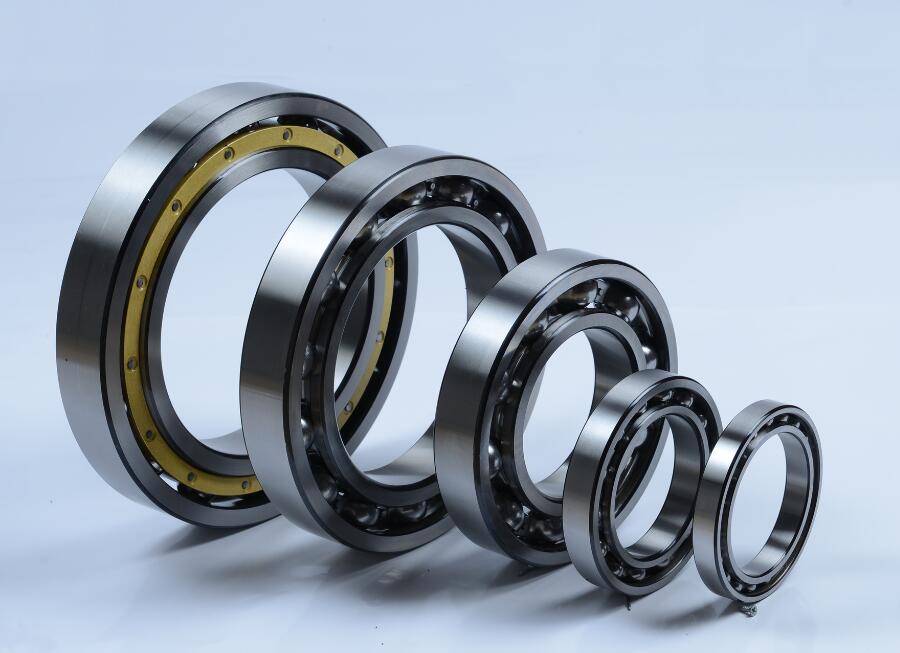What are the causes and troubleshooting methods of premature wear of bearings?

Bearing is an important part of modern mechanical equipment. Its main function is to support the mechanical rotating body, reduce the friction coefficient during its movement, and ensure its rotation accuracy. With the increasing demand for bearings, problems such as premature failure and short service life of bearings have plagued every mechanical enthusiast.
First,what is bearing life?
Under a certain load, the number of revolutions or hours that the bearing experiences before pitting is called the bearing life. For bearings within this service life, any bearing ring or rolling element shall have initial fatigue damage. However, in our daily practical use, it can be clearly observed that under the same working conditions, the actual life of bearings with the same appearance is different. What is the reason for this? The following points are summarized:
Improper installation (about 16%)
1.The force is too strong during installation, and the most serious damage to the bearing is to hit the bearing with a hammer; It is also the main cause of deformation.
2.Bearing clearance is too small due to installation deviation or not installed in bearing position. The inner ring and outer ring are not in the same rotation center, resulting in non-concentricity.
Suggestion: select appropriate or professional bearing installation tools, and use special instruments for testing after installation.
Pollution (about 14%)
Contamination can also lead to premature bearing failure. Pollution refers to dust, metal chips, etc. entering the bearing. The main reasons include: the bearing package was opened prematurely before use, resulting in pollution; The working environment is not clean during installation, causing pollution; The bearing working environment is not clean and the working medium is polluted.
Suggestion: Do not disassemble the bearing before use; During installation, keep the installation environment clean and clean the bearings to be used; Strengthen the sealing device of the bearing.
Poor lubrication (about 50%)
According to investigation, poor lubrication is one of the main reasons for premature failure of bearings. Including failing to fill lubricant or lubricating oil in time; Lubricant or lubricating oil is not filled in place; Improper selection of lubricant or lubricating oil; Incorrect lubrication method, etc.
Suggestion: select the correct lubricant or lubricating oil and use the correct lubrication filling method.
Fatigue (about 34%)
Fatigue failure is a common failure mode of bearings. The common causes of fatigue failure may be: long-term overload operation of bearing; Not repaired in time; Improper maintenance; Equipment aging, etc.
Suggestion: select appropriate bearing type and replace fatigue bearing regularly and timely.





















